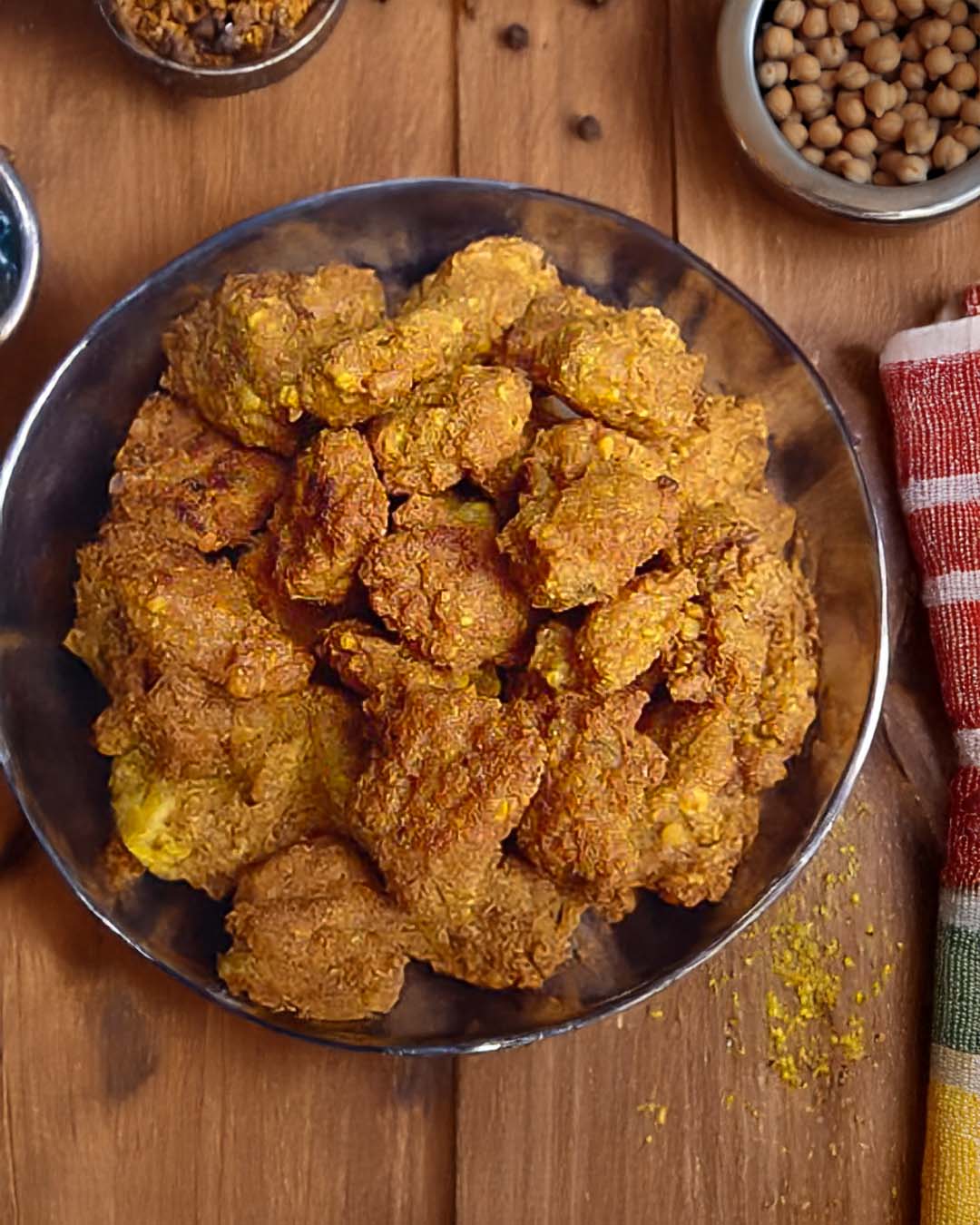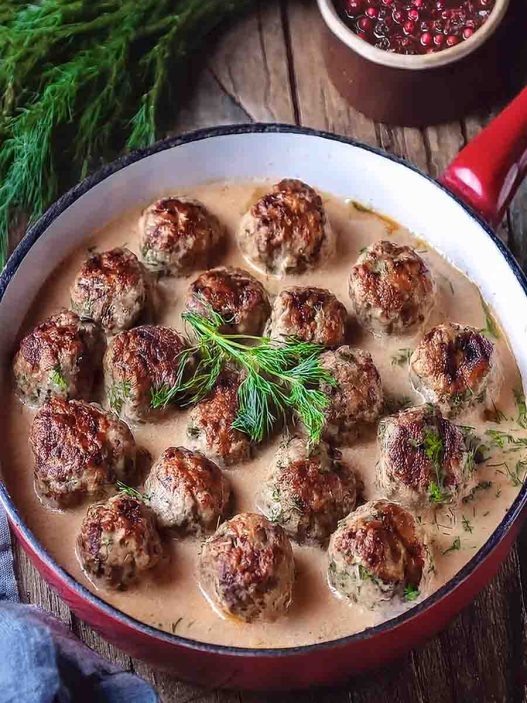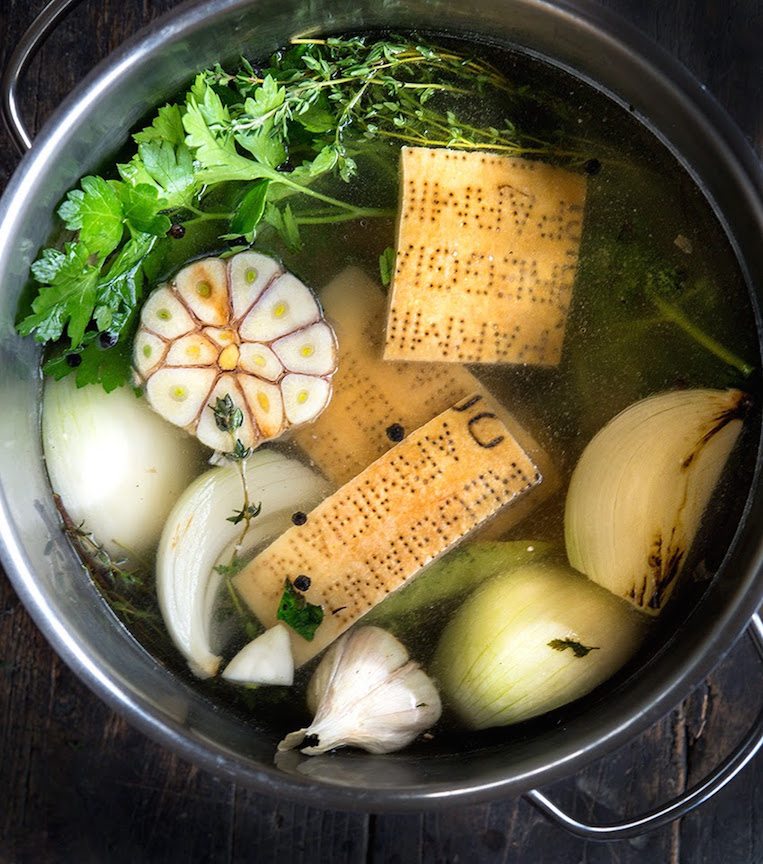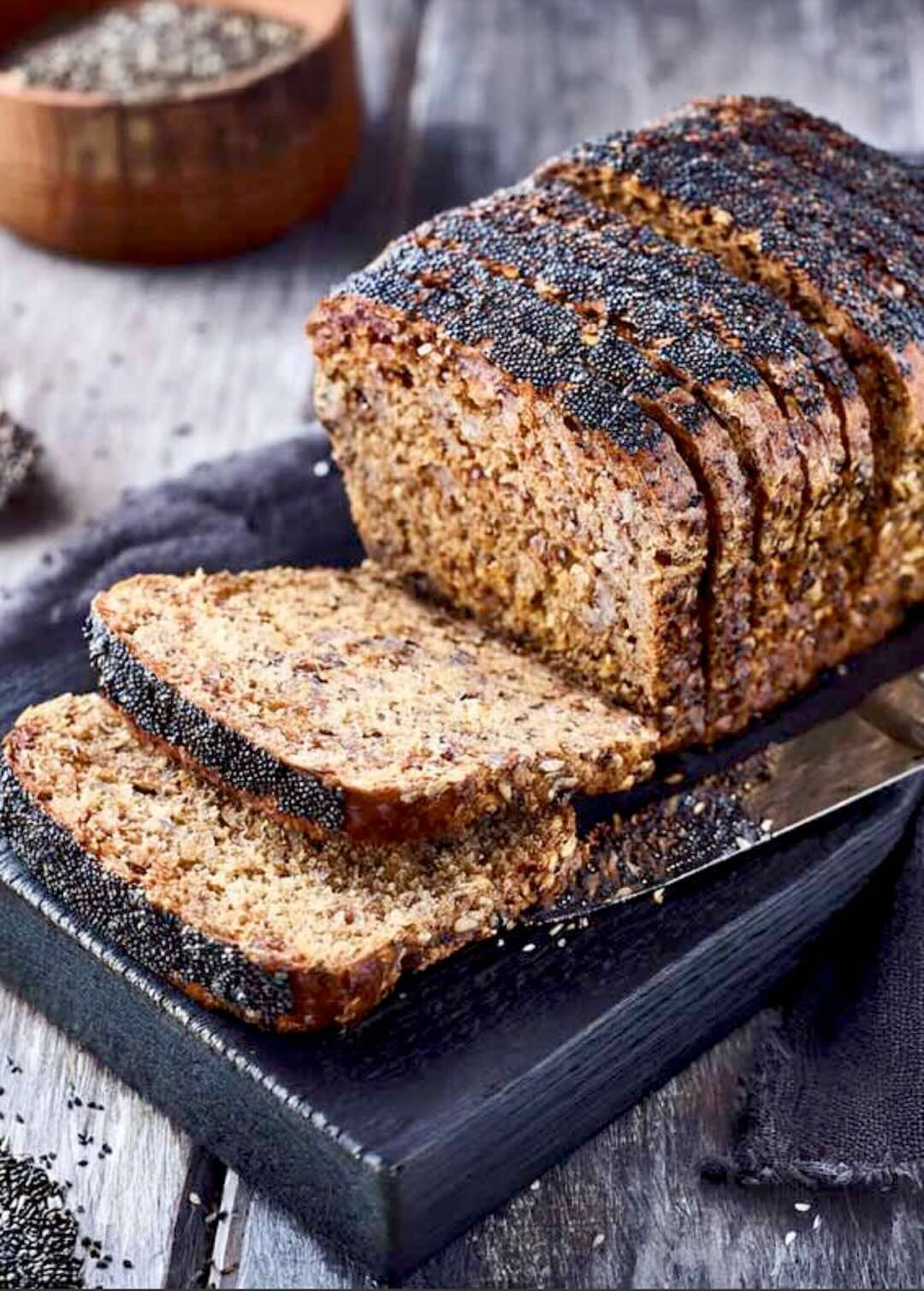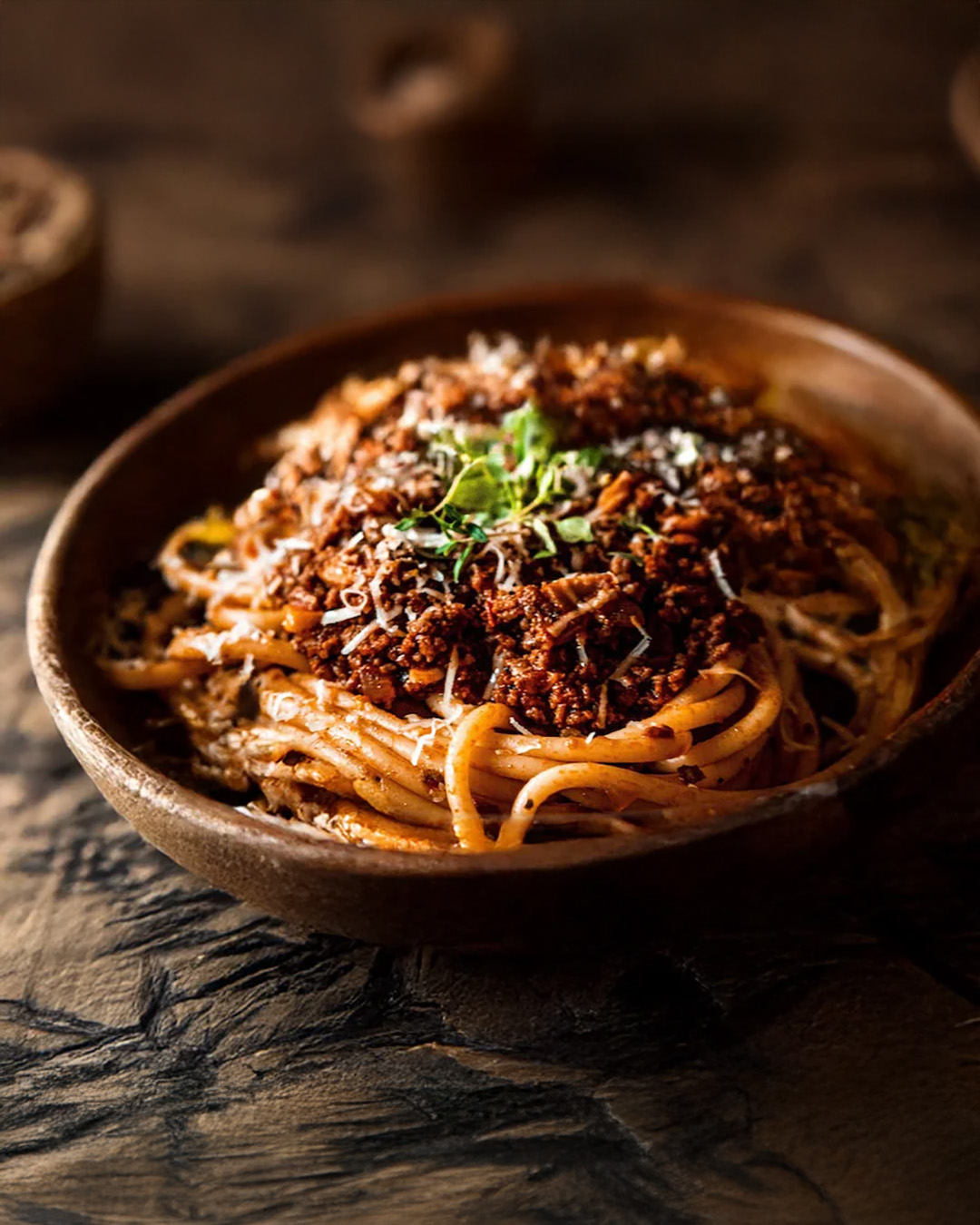Here’s a secret: Good ingredients = good meals. Spoiled ingredients? Disaster. Don’t put all your faith in expiration dates. Start storing your ingredients properly—it’ll save you money and keep your ingredients fresh longer.
By Emily Arno
This article has been posted with permission and originally appeared as The Best Food Storage and Freezing Tricks on Relish
 Mark Boughton Photography / styling by Teresa Blackburn
Mark Boughton Photography / styling by Teresa Blackburn
Here’s a secret: Good ingredients = good meals. Spoiled ingredients? Disaster. Don’t put all your faith in expiration dates. Start storing your ingredients properly—it’ll save you money and keep your ingredients fresh longer.
For the best advice on food storage, we consulted The Kitchen Decoded: Tools, Tricks and Recipes for Great Food by cookware experts Logan Levant and Hilary Hattenbach. One of the most helpful cookbooks to come through our headquarters this year, The Kitchen Decoded teaches the ins and outs of appliances, equipment and, of course, food storage. Find their advice and savvy storage tricks below and never suffer through a mealy, refrigerated tomato again.

Storing and Freezing Food Tricks
Meat and Poultry
Beef: Keep beef in its original packaging and store in the fridge, on the bottom shelf where the fridge is at its coolest temperature. Ground beef can keep 1–2 days. Steaks and roasts should be cooked within 3–5 days of storage.
Fish: Fish is very perishable. It should only be stored for 1–2 days, tops. Store in the fridge, on the bottom shelf in a resealable plastic bag on top of a tray of ice. Best to keep the temperature at 32°F. (Most fridges are set to 40°F.) This will slow the enzyme breakdown.
Pork: Store in the fridge on the bottom shelf. Ribs, roast, steaks, and chops can be refrigerated for 3–5 days. All other pork parts should be cooked within 1–2 days.
Poultry: Store in the fridge on the bottom shelf for 1–2 days.
Dairy
Butter: Store butter in its carton on a shelf in the refrigerator rather than the door, because every time you open the door, the temperature fluctuates. Unopened, wrapped sticks of butter will keep for 1–3 months in the fridge and up to 6 months in the freezer. After it’s been opened, go by the expiration date.
Cheese: Store cheese in the fridge. If opened, wrap in wax paper and place inside a resealable plastic bag. It can keep for up to a week.
Eggs: Leave eggs in their carton on a shelf in the fridge and they will keep for up to five weeks.
Milk: Store it on the top shelf of the fridge in the back where the temperature is most constant.
Produce
Apples: The poison apple exists! Store apples on the counter, but keep them away from other produce. Apples give off ethylene gases that rot other produce if they are in close proximity.
Asparagus: Stand upright in a resealable plastic bag, with either an inch of water at the bottom or with a wet paper towel wrapped around the base, and they will last 3–4 days.
Avocados: Store on the counter. Once the avocados are slightly soft but not mushy, you can store them in the fridge for 2–3 days.
Bananas: Store on the counter.
Berries: Keep berries in their original containers in the crisper drawer in the refrigerator. Don’t wash them until ready for use. Strawberries and blueberries can last for a week. Blackberries and raspberries will only last a couple of days.
Carrots: Store in the vegetable crisper drawer in the fridge for up to 3 weeks.
Citrus: Avoid putting citrus fruits in the fridge. The low temperature takes away the aroma and flavor of the fruit. Store on the counter for up to 2 weeks.
Cucumber: Keep in the crisper drawer in the fridge for 4–5 days.
Garlic: Store in a cool, dry, dark place and they will last up to 4 months.
Herbs, Fresh: Cut 1?2 inch from the stems. Stand stem ends in an old jam jar or mustard jar with a couple of inches of water in the bottom. Cover with a loose plastic bag and store in the fridge. Don’t store basil in the fridge because it turns black. You can dry out your basil instead by microwaving on high for 30-second increments. Fresh herbs will keep for 7–10 days in the refrigerator.
Leafy Greens: Store whole heads of leafy greens in the crisper drawer in the refrigerator unwashed. They will last for 5–7 days. Bagged greens will last 2–3 days after being opened.
Onions: Store in a container that will let air circulate throughout, like an aerated paper bag away from the sunlight. They will last up to 2 months. Do not store in plastic, as that will cause onions to sprout and get moldy. Sweet varieties have more water and will only last 2 weeks. Onions and potatoes taste great together—just don’t store them together! Onions release a gas that will rot the potatoes. Cut onions should be wrapped tightly with plastic wrap and stored in the refrigerator for up to three days. Green onions should be kept in the crisper drawer of the refrigerator for up to a week.
Peppers: Store in the vegetable crisper in the refrigerator for 4–5 days.
Potatoes: Keep them out of direct sunlight and heat. Store in a cool, dry place for 2–3 months. Never put potatoes in the fridge—once they get cold, the starch turns to sugar. Do not wash potatoes before storing.
Tomatoes: Store on the counter out of direct sunlight. Do not refrigerate. Can keep for about three days.




